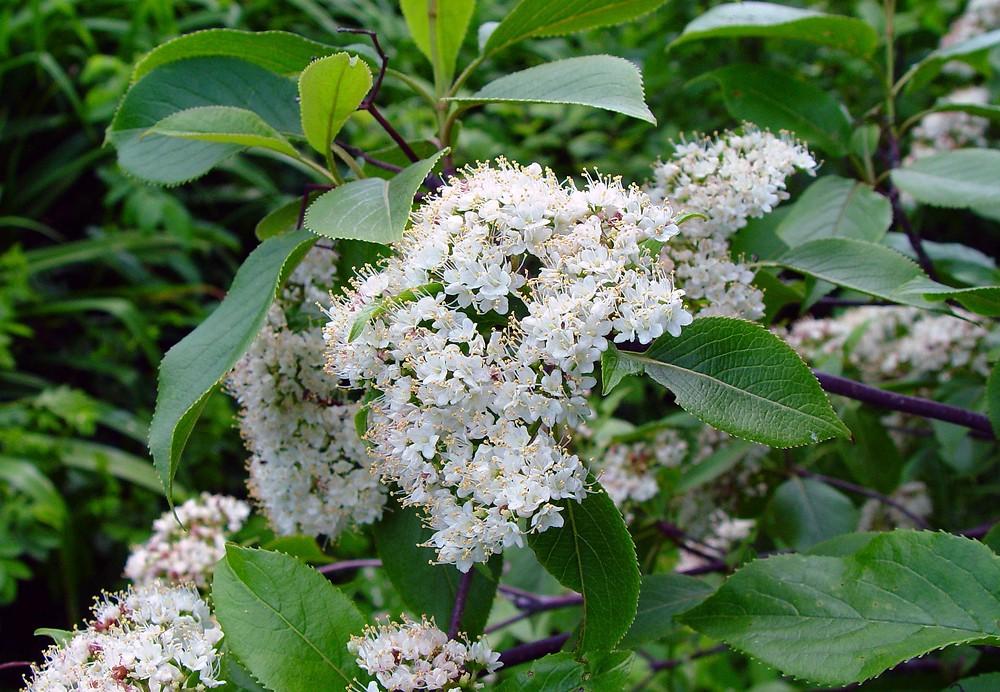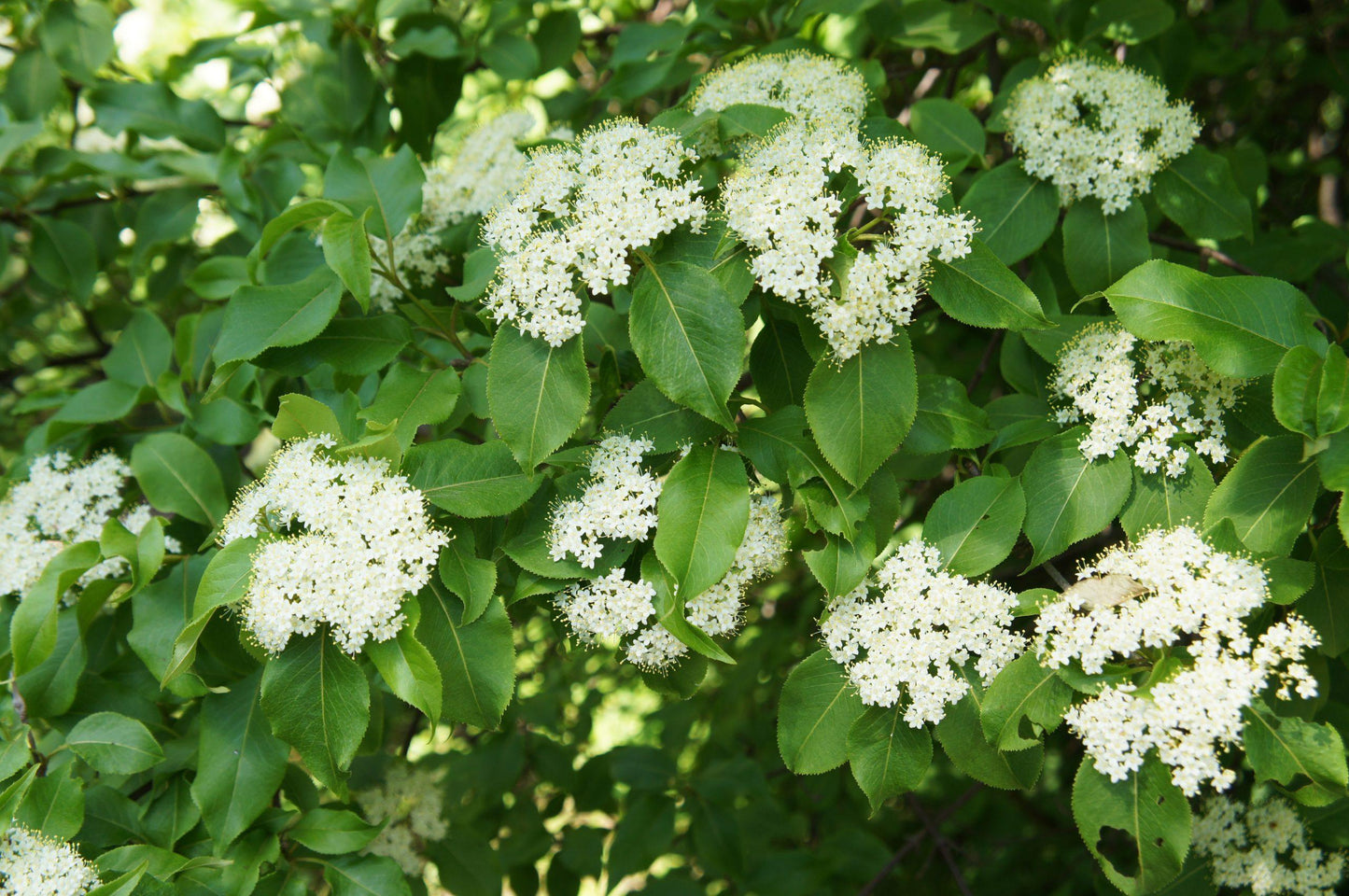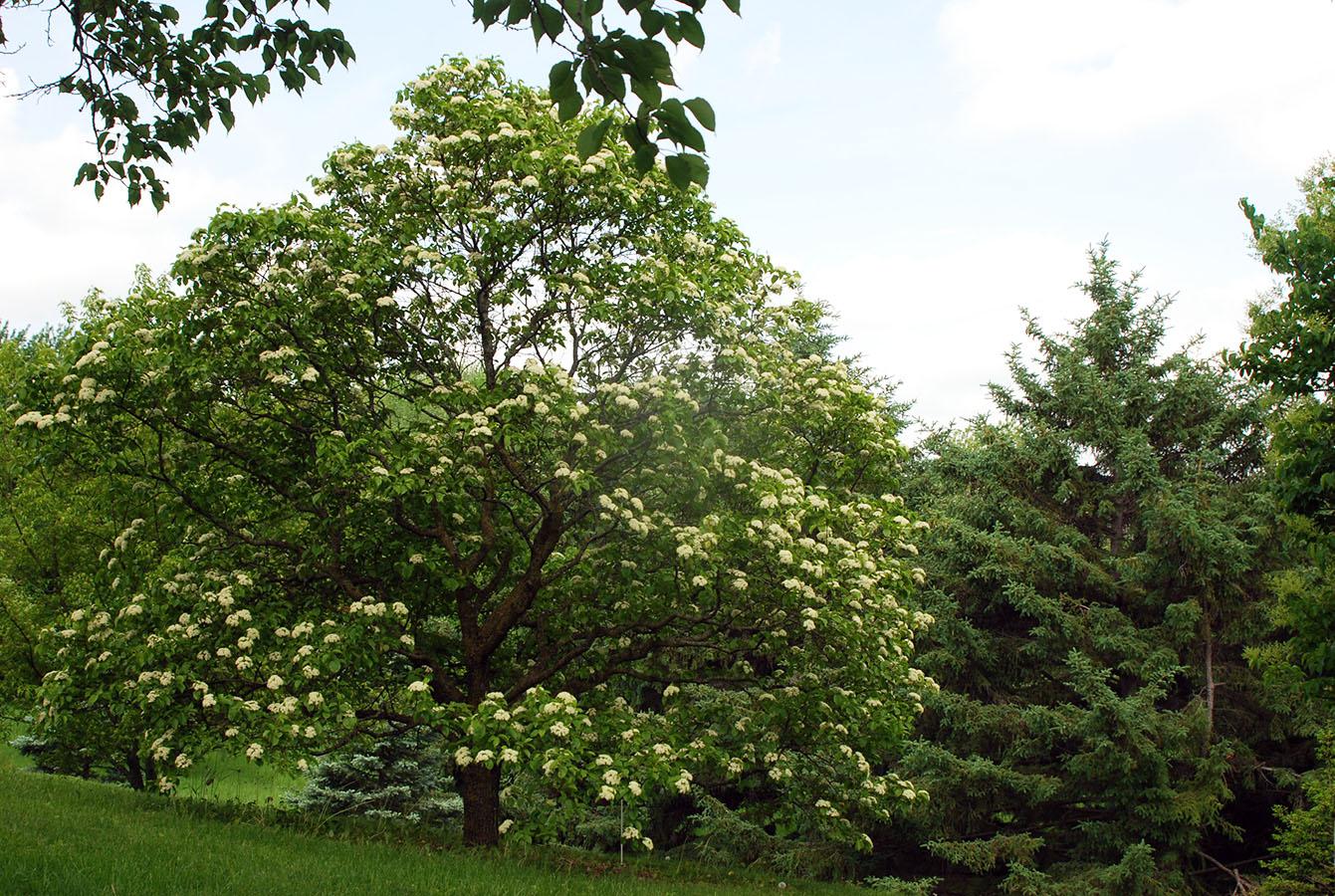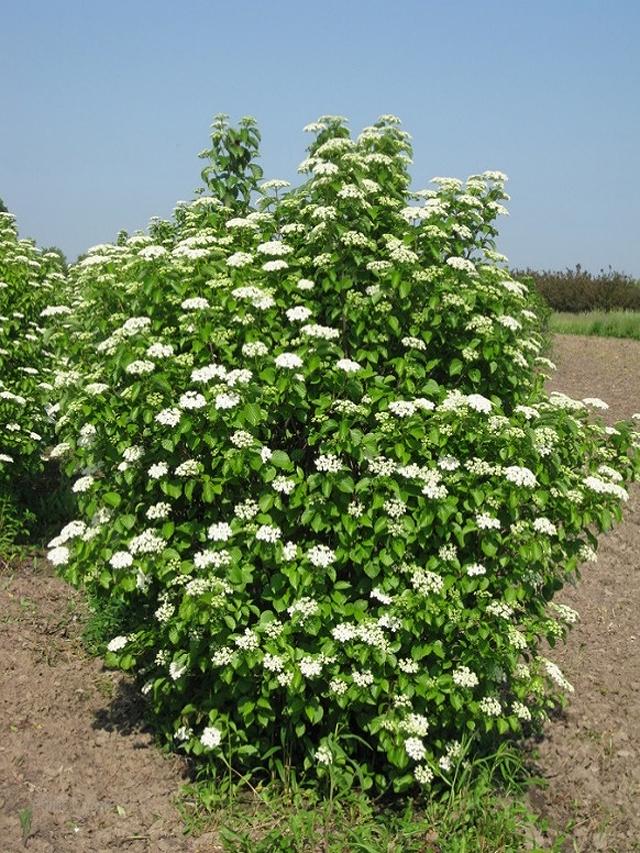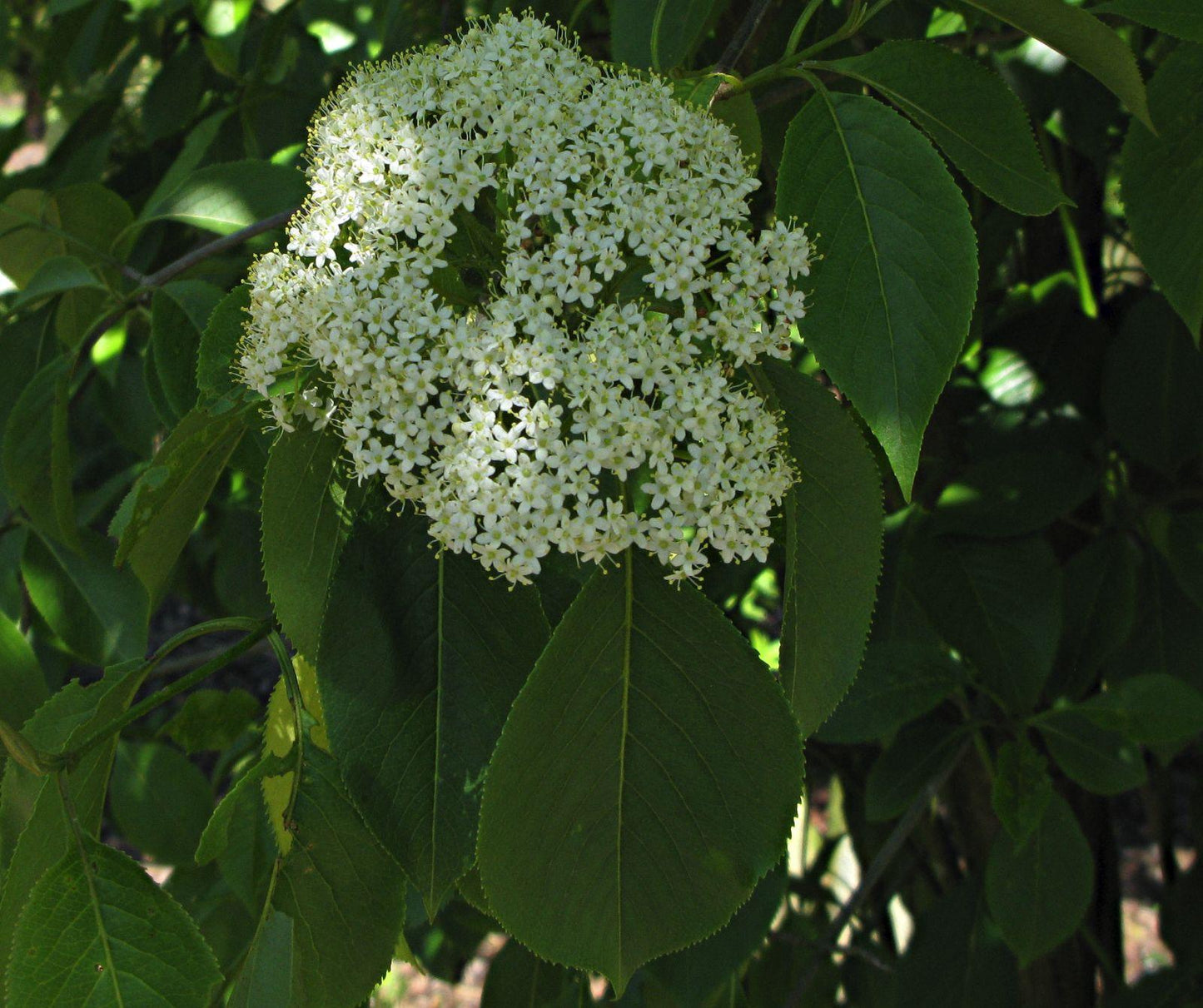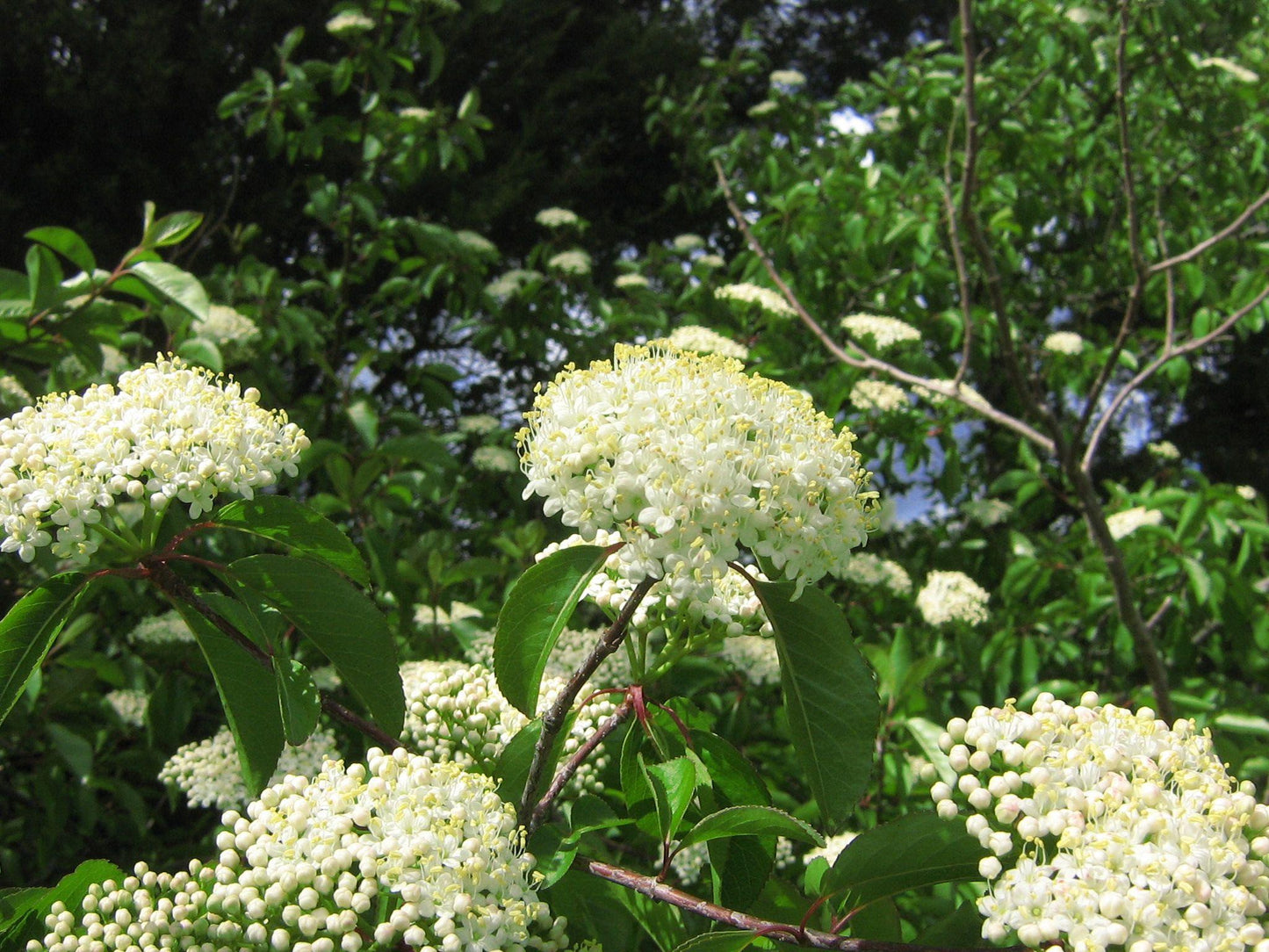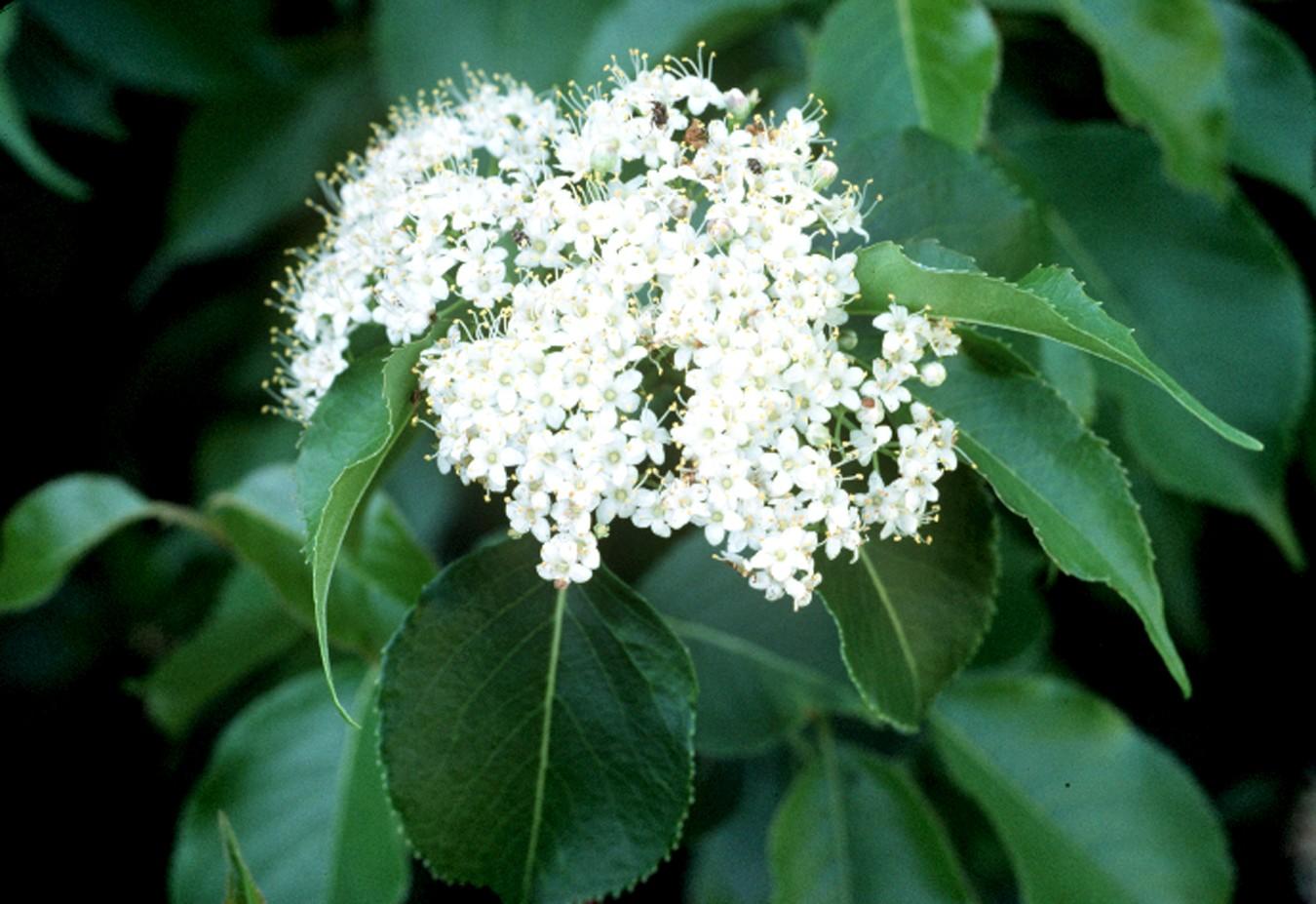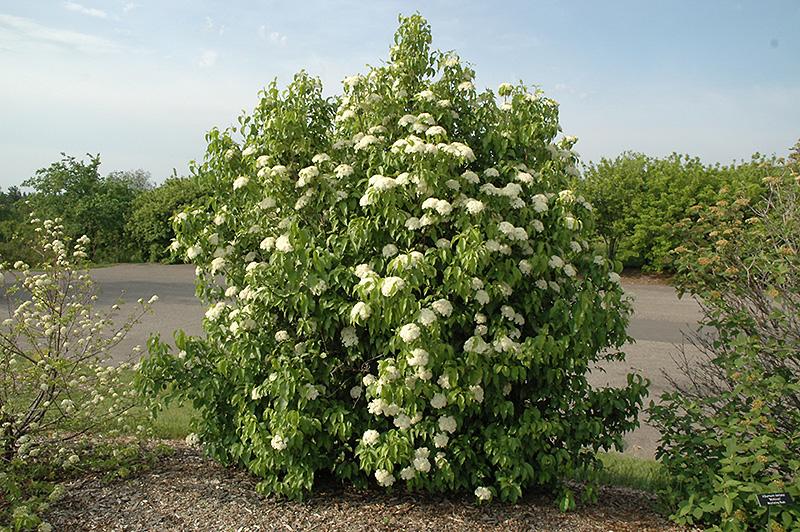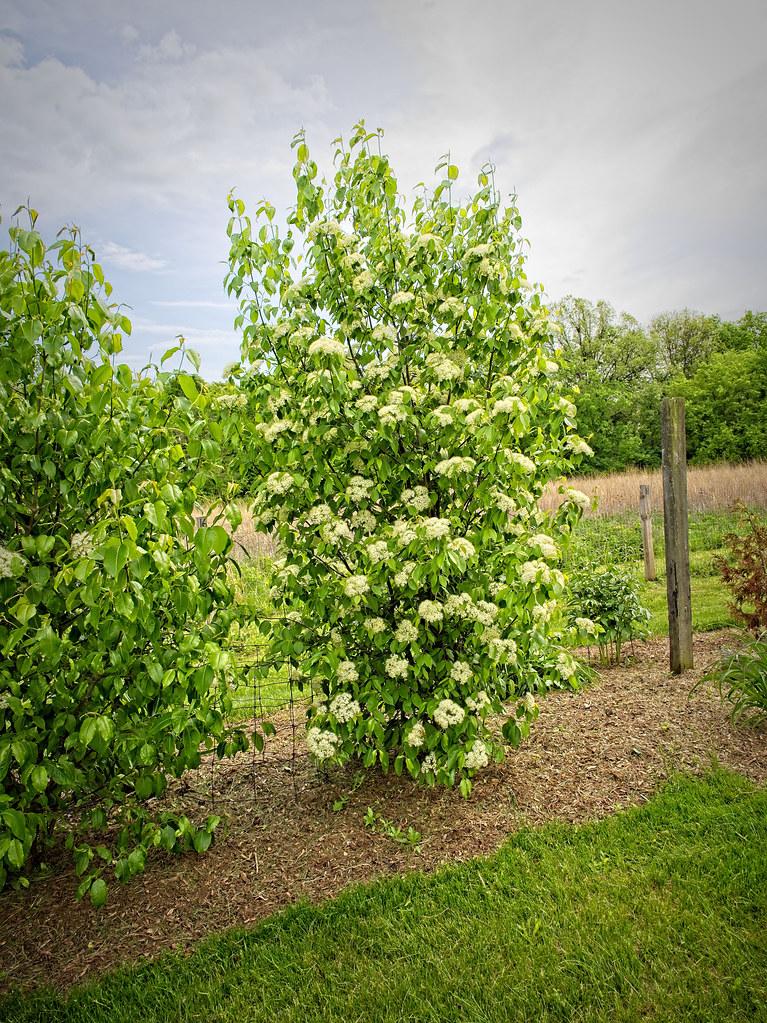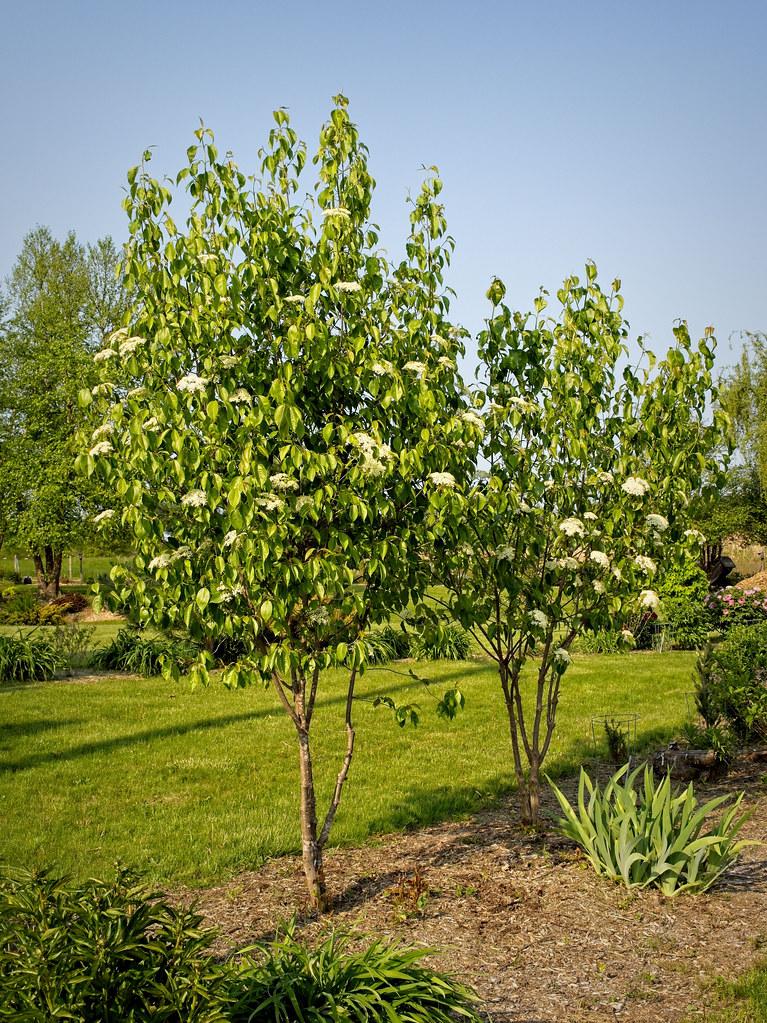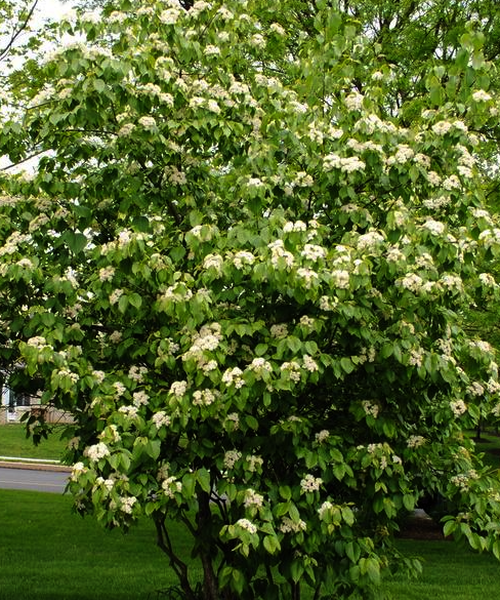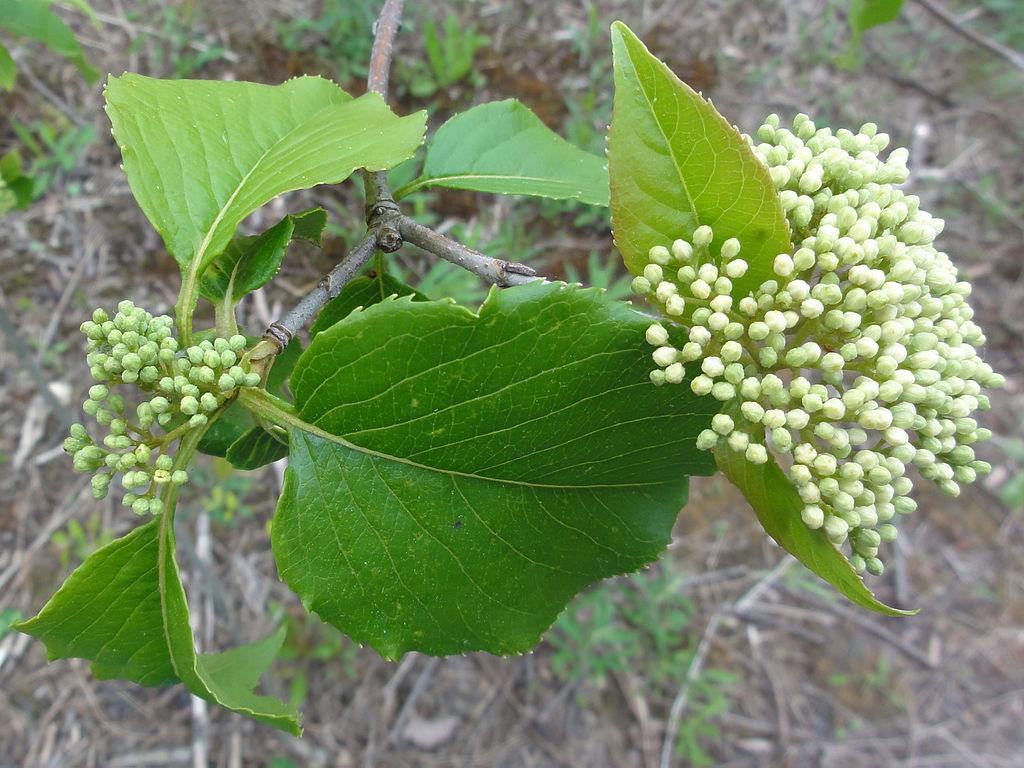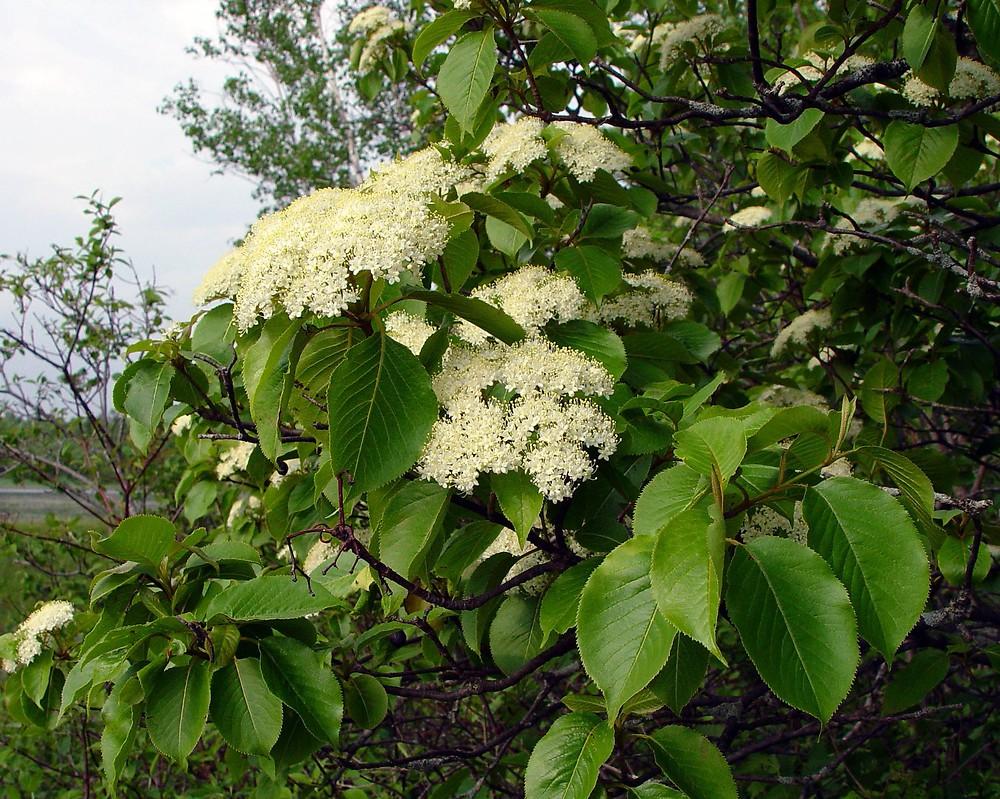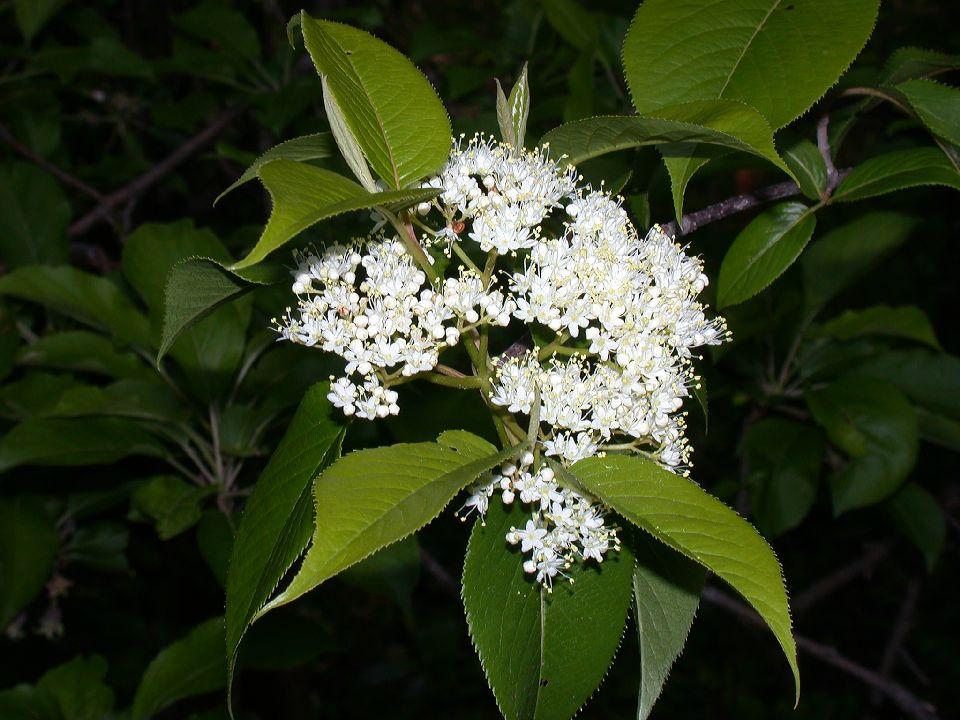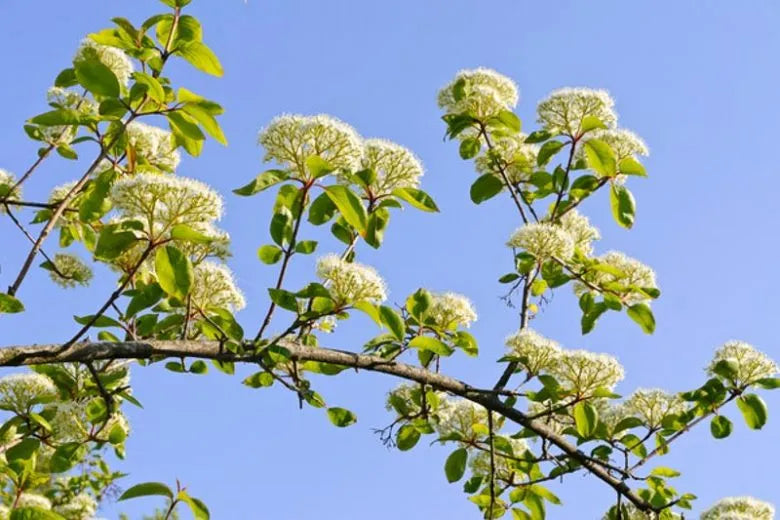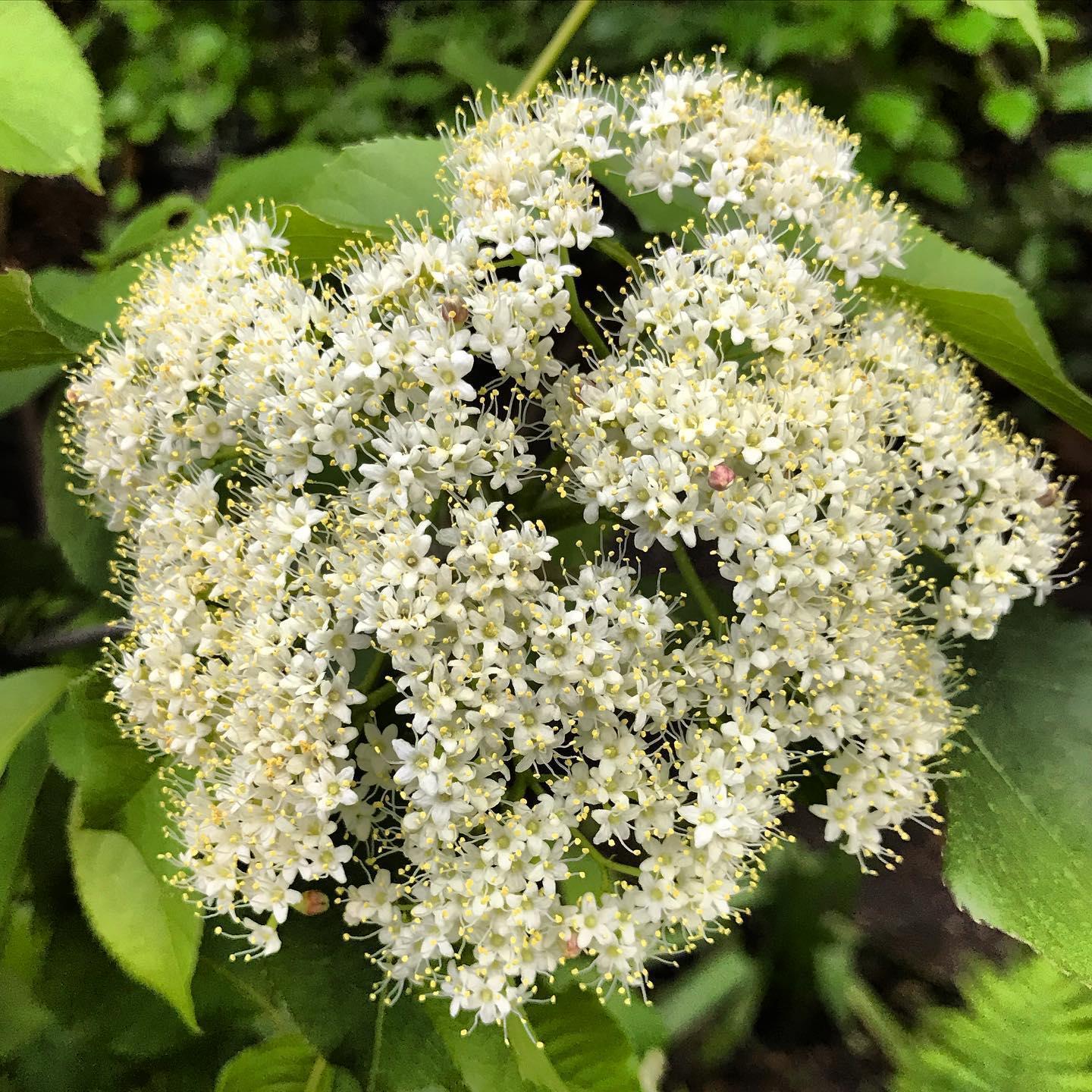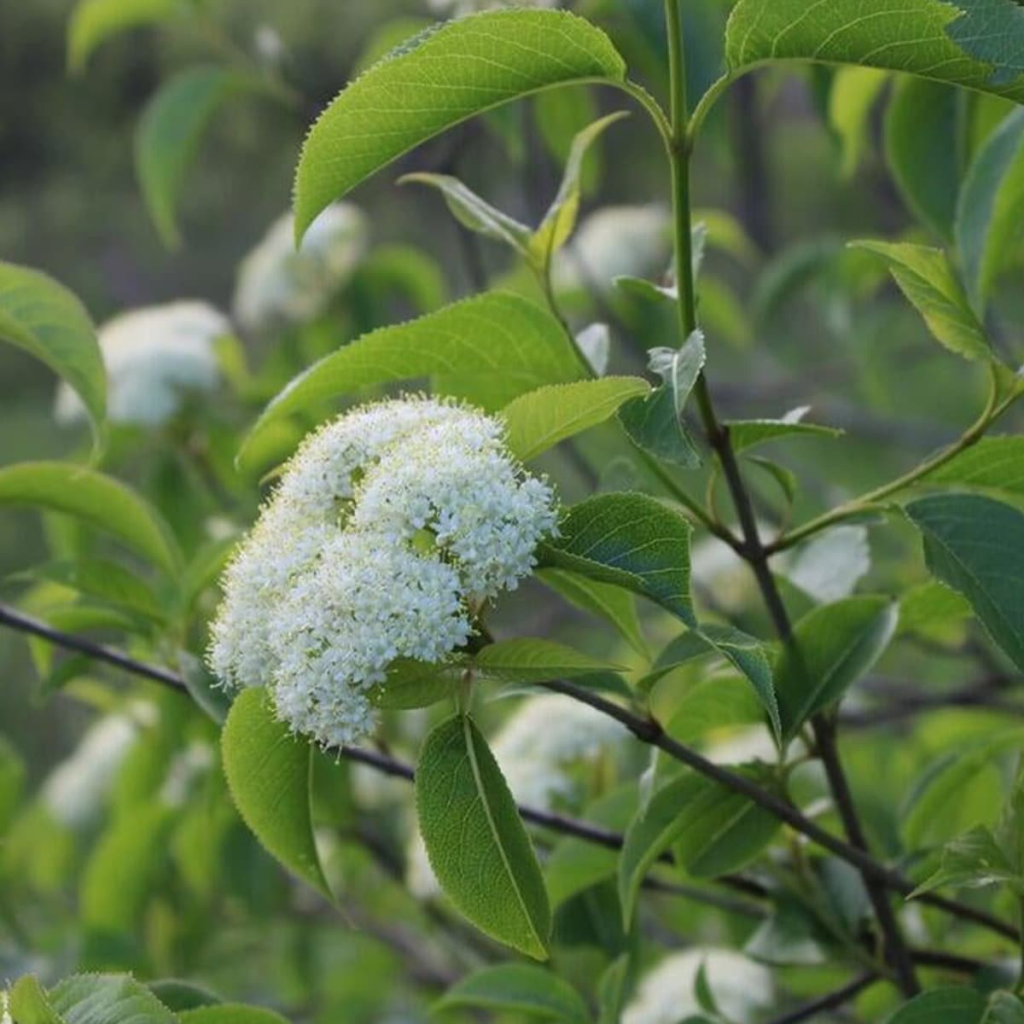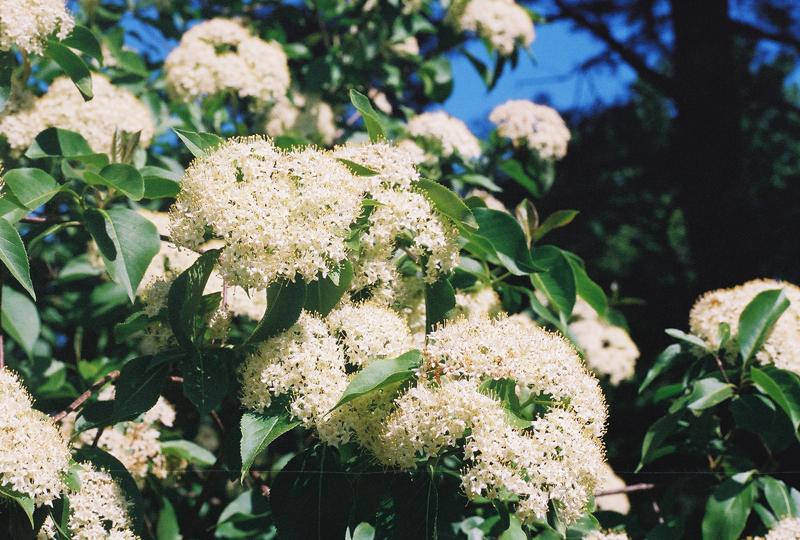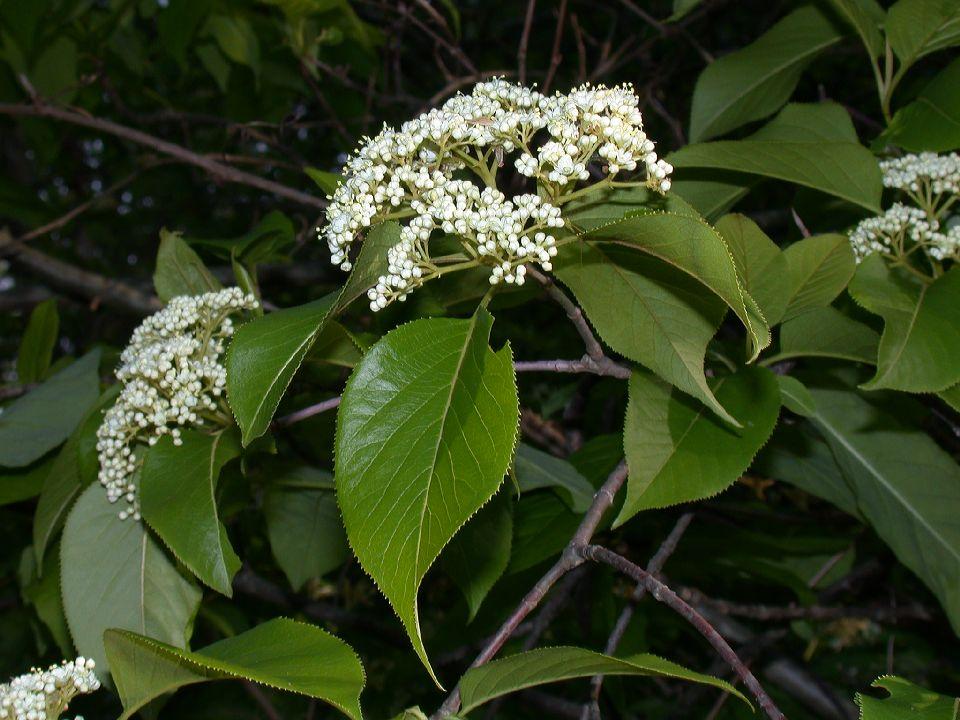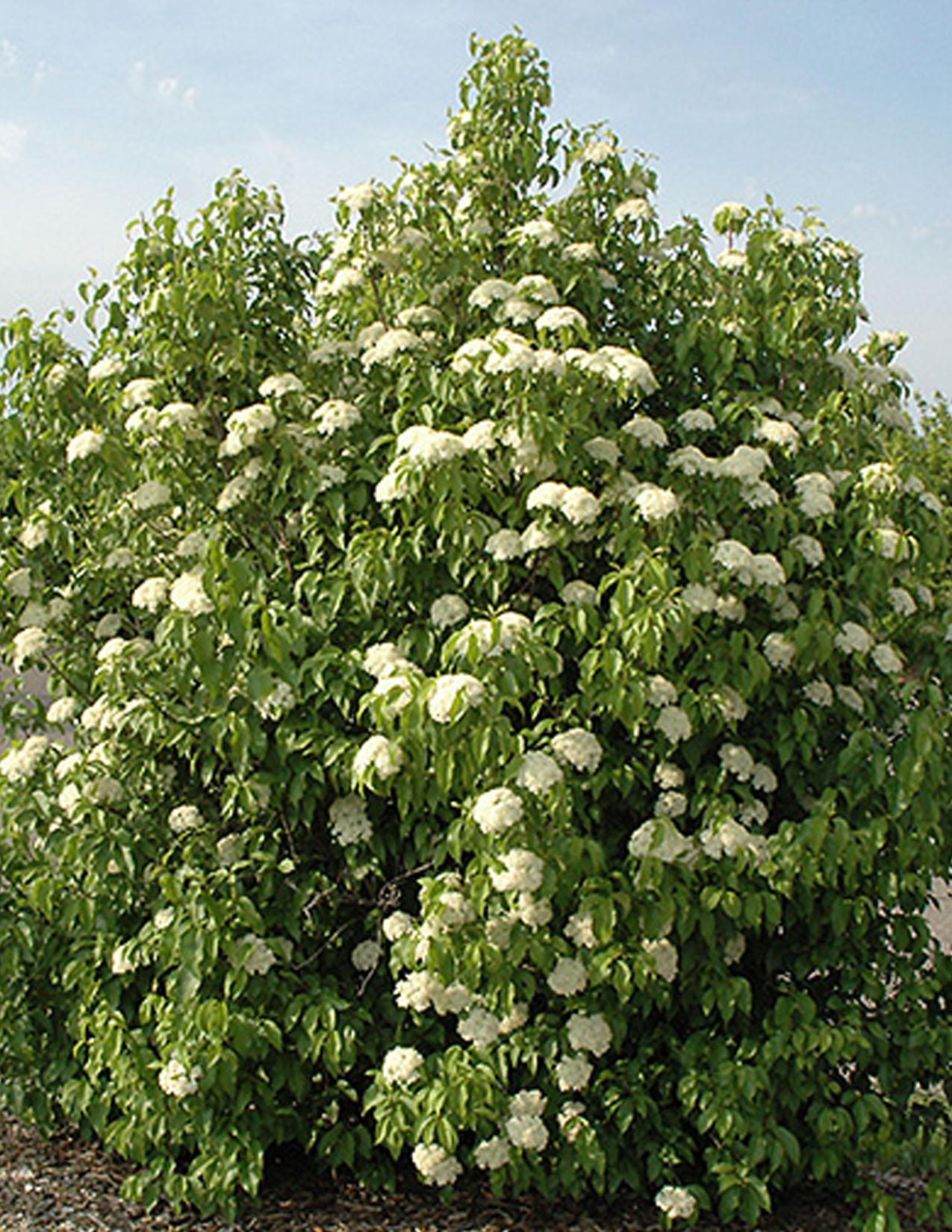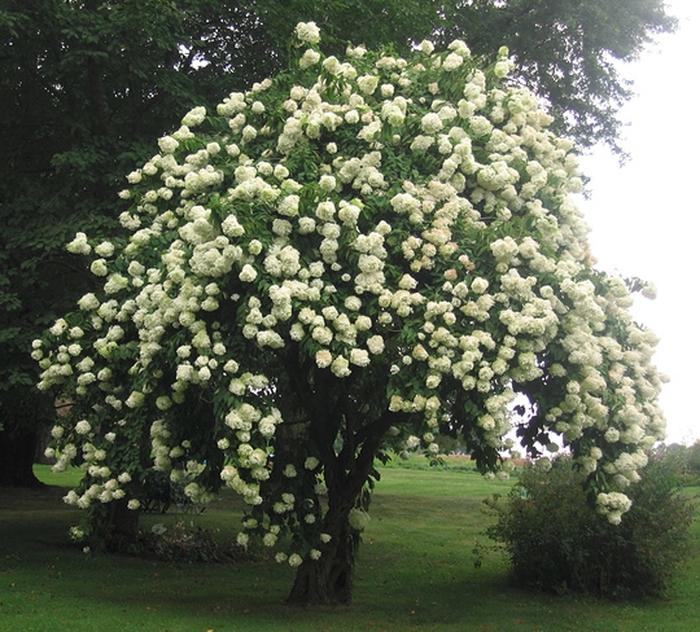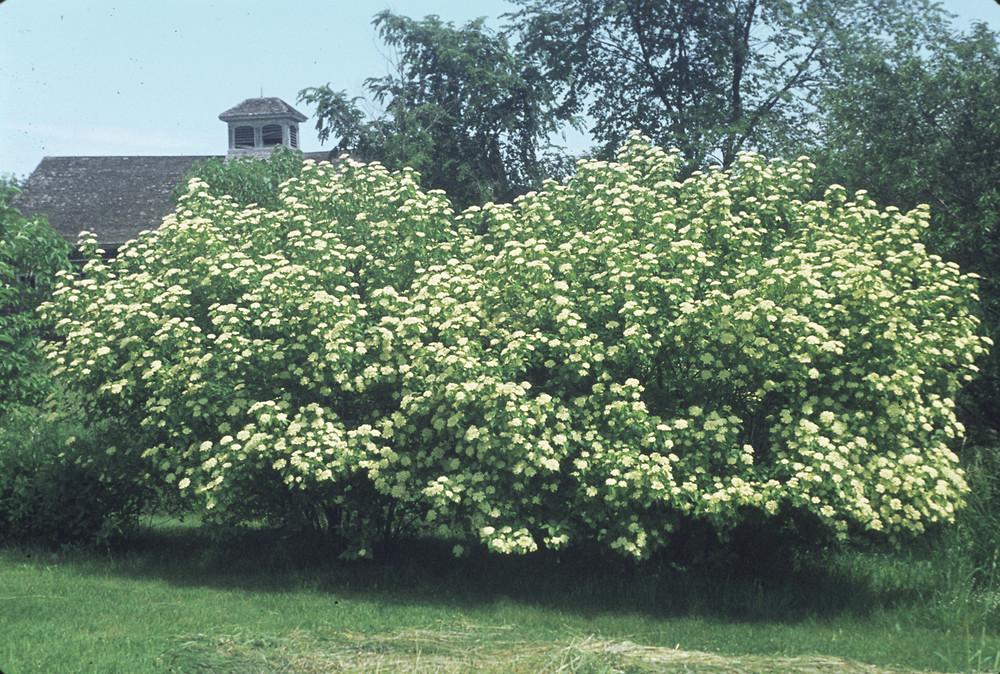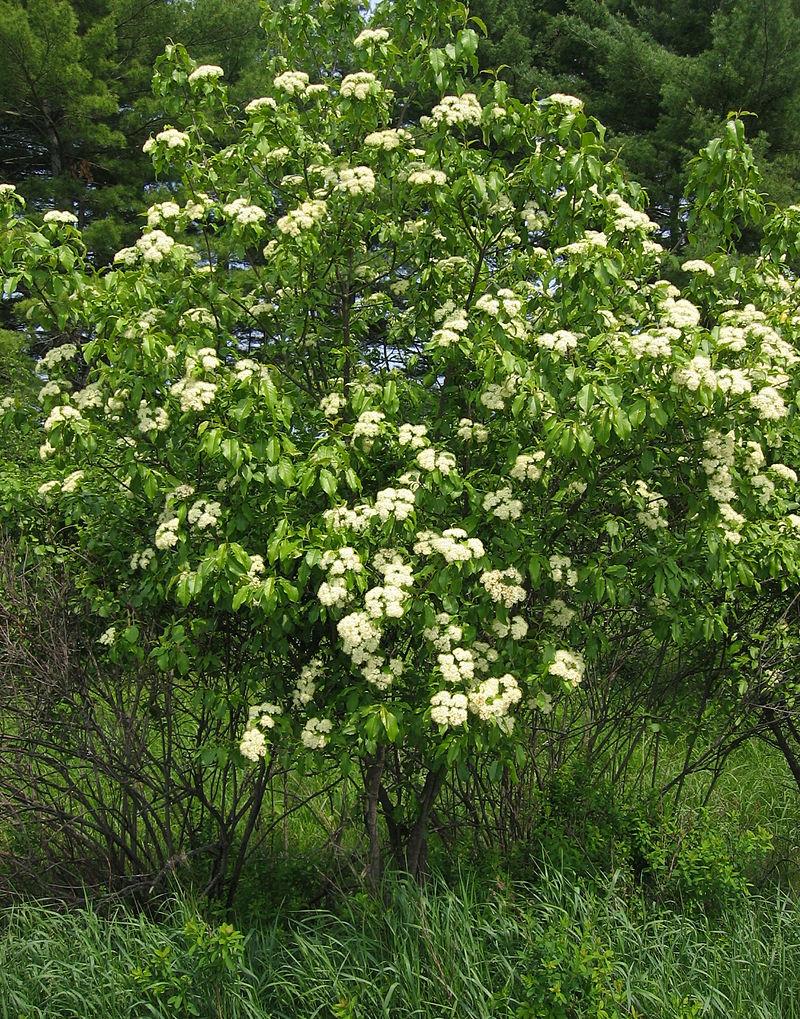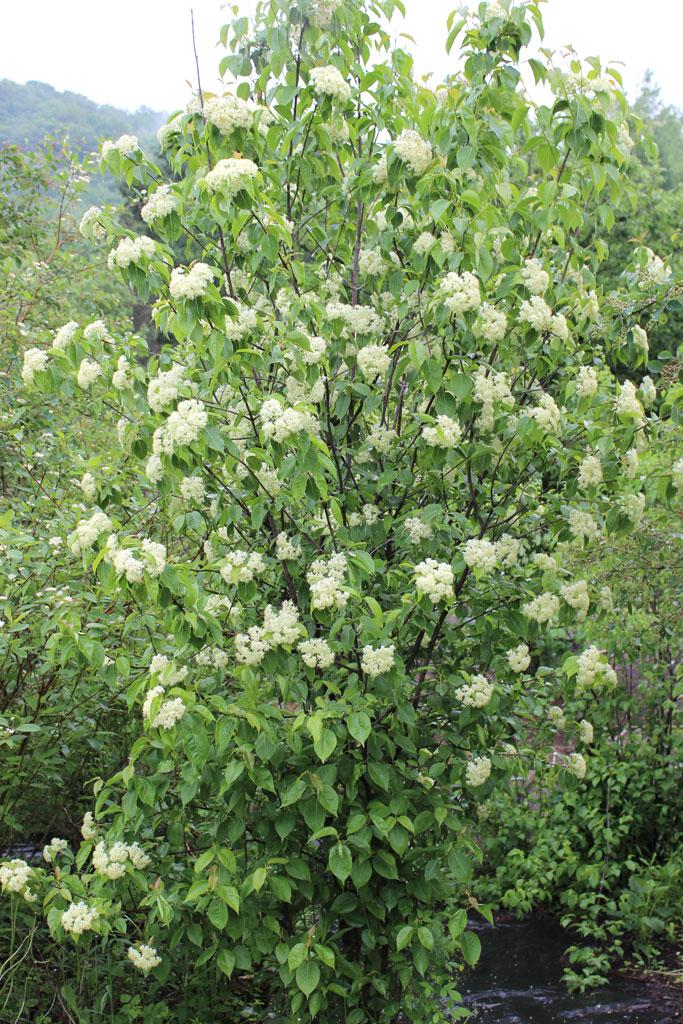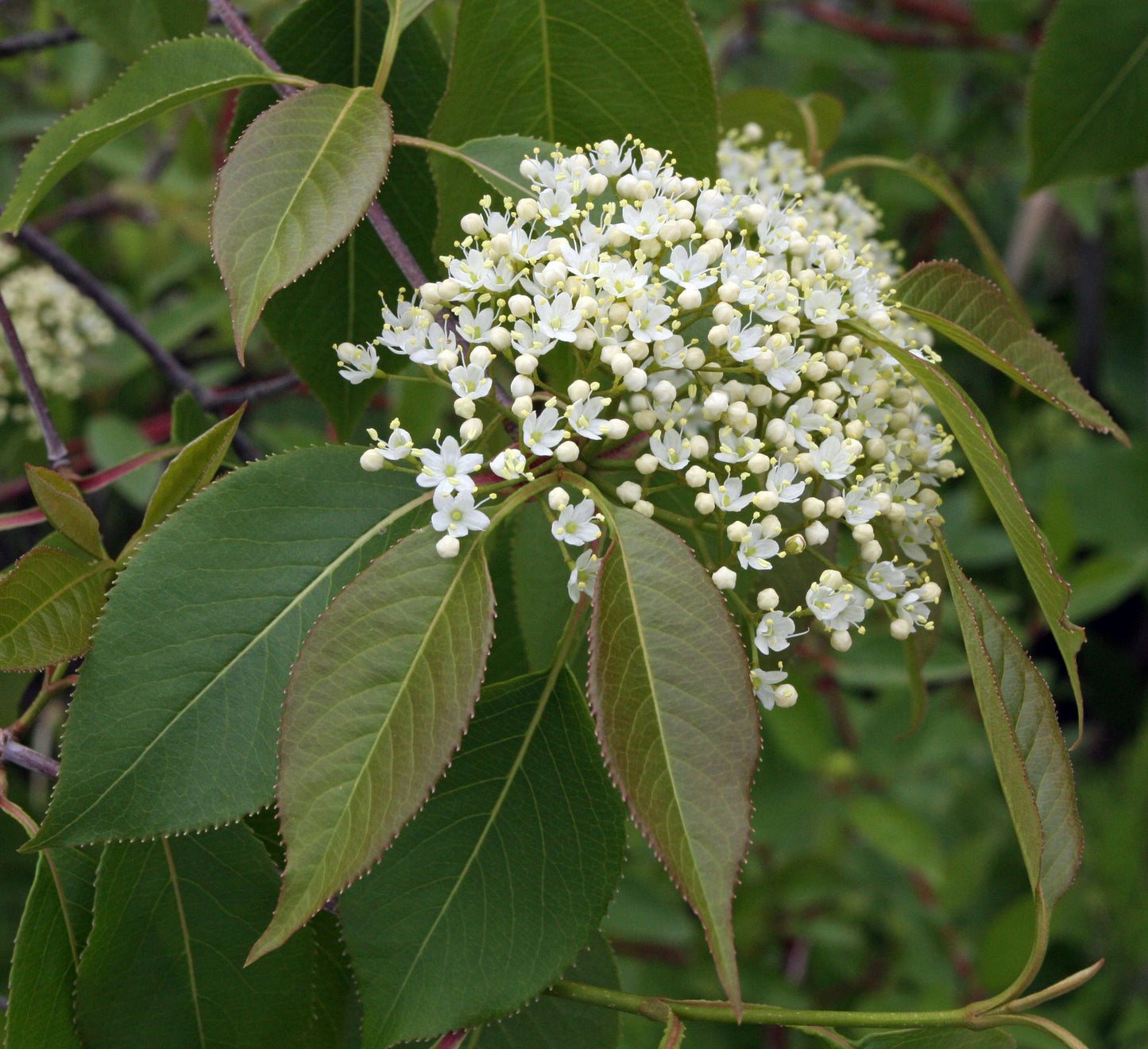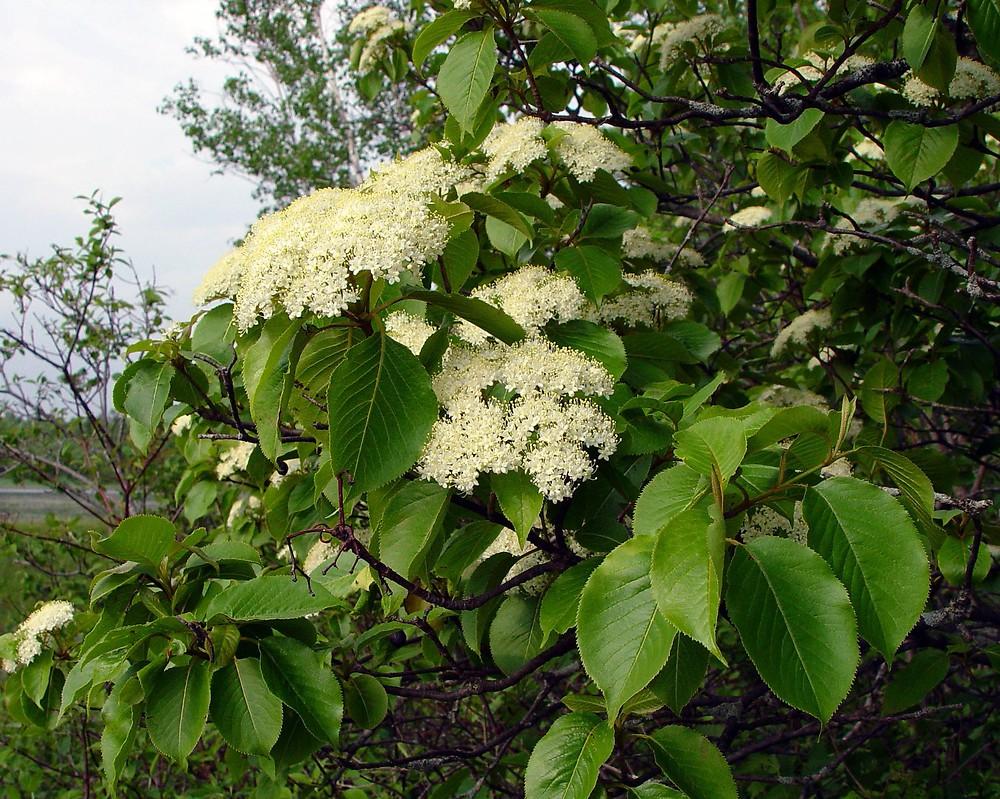1
/
of
26
Nannyberry-Viburnum lentago-Attracts Pollinators 5 Gallon
Nannyberry-Viburnum lentago-Attracts Pollinators 5 Gallon
Regular price
$300.00 USD
Regular price
$390.00 USD
Sale price
$300.00 USD
Unit price
/
per
Shipping calculated at checkout.
SKU:nsf7389-redcrocus
Couldn't load pickup availability
Viburnum lentago
Description
Viburnum lentago, commonly known as Nannyberry, is a versatile and hardy shrub that produces clusters of creamy white flowers in spring, followed by blue-black berries in the fall. Its glossy, dark green leaves turn a beautiful shade of red in autumn, providing year-round interest in the garden.
Suggested Uses
Nannyberry is ideal for use as a hedge, in mixed borders, or as a specimen plant. It is also suitable for naturalizing in woodland gardens and attracts a variety of wildlife, including birds and butterflies.
Plant Details
-
 Botanical Name: Viburnum lentago
Botanical Name: Viburnum lentago -
 Common Name: Nannyberry
Common Name: Nannyberry -
 Size & Growth: 10-20 feet tall, 6-10 feet wide
Size & Growth: 10-20 feet tall, 6-10 feet wide -
 Hardiness Zones: 2-8
Hardiness Zones: 2-8 -
 Foliage Type: Deciduous
Foliage Type: Deciduous -
 Bloom Time: Late spring
Bloom Time: Late spring -
 Growth Rate: Medium
Growth Rate: Medium -
 Light Requirements: Full sun to partial shade
Light Requirements: Full sun to partial shade -
 Attracts Pollinators: Yes, especially butterflies
Attracts Pollinators: Yes, especially butterflies -
 Indoor Friendly: No
Indoor Friendly: No -
 Container Friendly: No
Container Friendly: No -
 Deer Resistant: Moderately
Deer Resistant: Moderately -
 Pet Warning: Berries can be mildly toxic if ingested
Pet Warning: Berries can be mildly toxic if ingested -
 Fragrant: Yes, flowers have a mild fragrance
Fragrant: Yes, flowers have a mild fragrance -
 Cut Flower: Yes, suitable for arrangements
Cut Flower: Yes, suitable for arrangements -
 Grows Well With: Other Viburnum species, Dogwoods, and native grasses
Grows Well With: Other Viburnum species, Dogwoods, and native grasses
Care Tips
-
 Planting Instructions: Plant in spring or fall in well-drained soil
Planting Instructions: Plant in spring or fall in well-drained soil -
 Soil Moisture: Prefers moist, well-drained soil
Soil Moisture: Prefers moist, well-drained soil -
 Soil Type: Tolerates a wide range of soils, including clay and loam
Soil Type: Tolerates a wide range of soils, including clay and loam -
 Humidity: Average humidity levels are sufficient
Humidity: Average humidity levels are sufficient -
 Pruning Instructions: Prune in late winter or early spring to maintain shape
Pruning Instructions: Prune in late winter or early spring to maintain shape -
 Winter Care: Mulch to protect roots in colder zones
Winter Care: Mulch to protect roots in colder zones -
 Planting Depth: Plant at the same depth as in the nursery pot
Planting Depth: Plant at the same depth as in the nursery pot -
 Fertilization: Fertilize in spring with a balanced fertilizer
Fertilization: Fertilize in spring with a balanced fertilizer -
 Special Care: Monitor for aphids and scale insects, treat as necessary
Special Care: Monitor for aphids and scale insects, treat as necessary
Share
